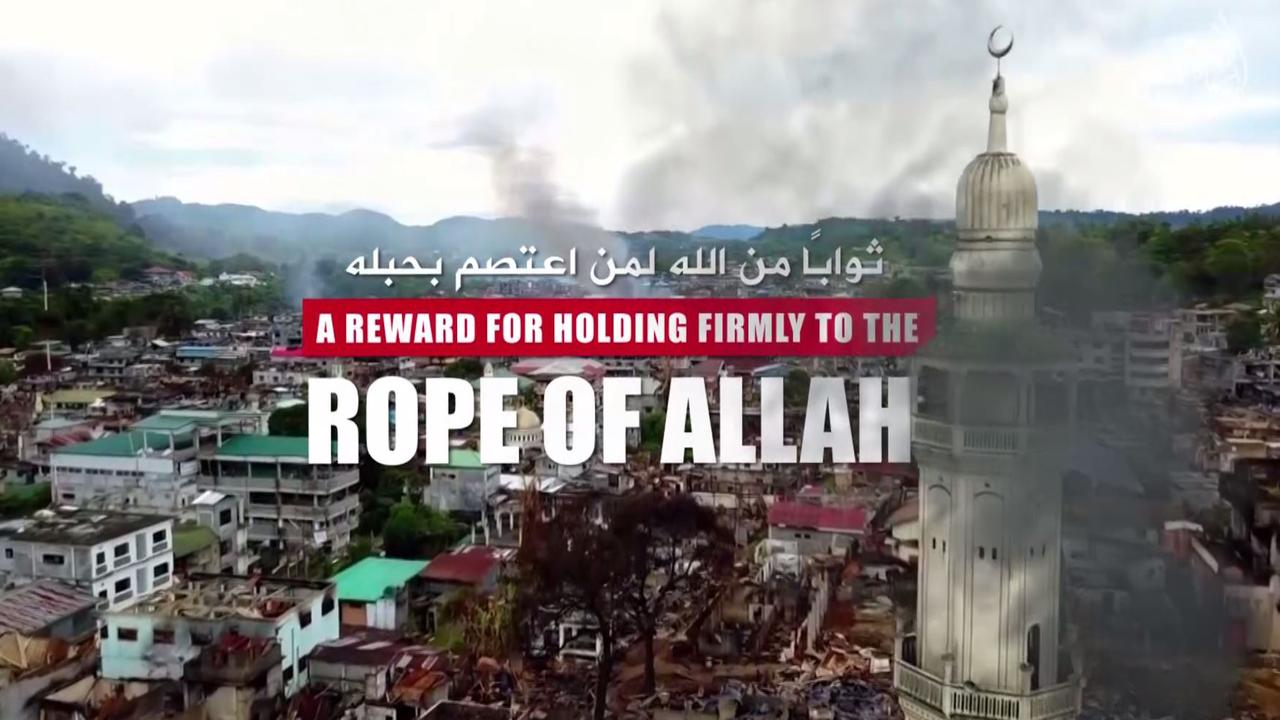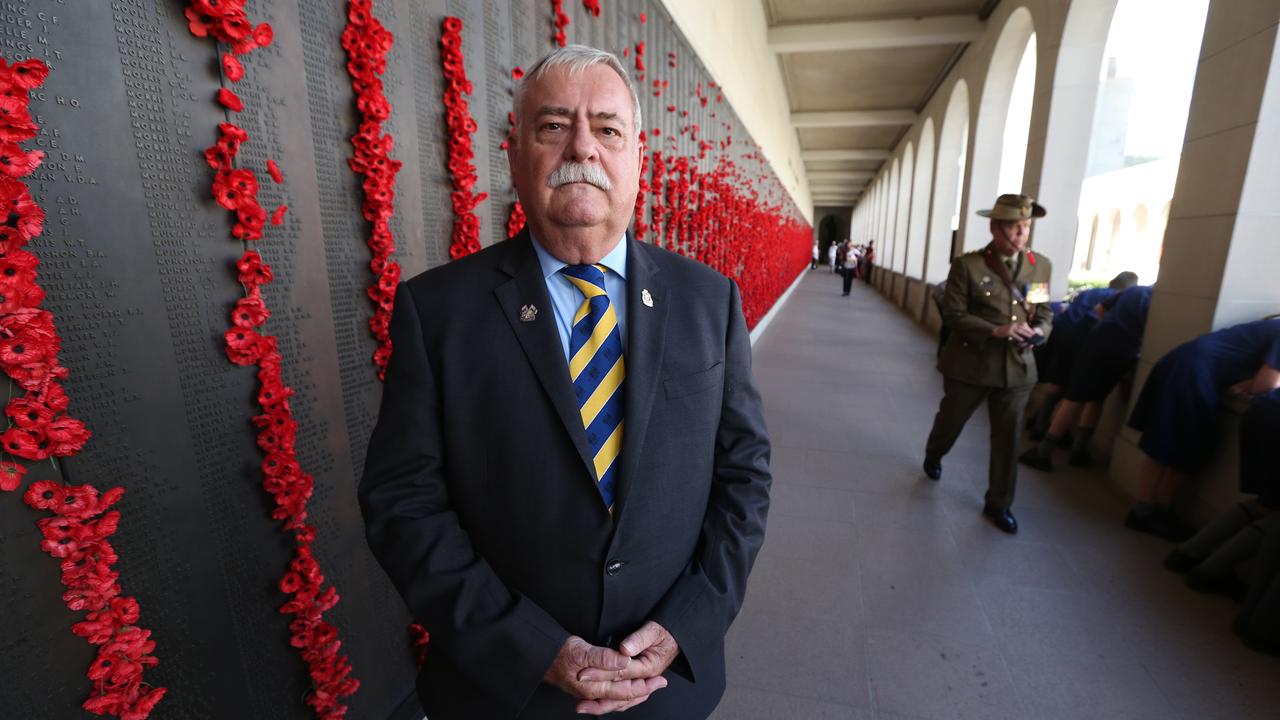End of line for wounded Diggers
NO Australian soldier seriously wounded in Afghanistan has returned to active duty.

NO Australian soldier seriously wounded in Afghanistan has returned to active duty, underlining the magnitude of the challenge to treat and rehabilitate casualties of the war.
The revelation by the Australian Defence Force came after Julia Gillard highlighted the growing but often-overlooked toll of wounded, which now stands at 213, including 50 so far this year.
A further 32 Australian servicemen have died during the nine years of fighting in Afghanistan, 11 of them this year.
The road back is a long one for the severely wounded. ADF director of mental psychology and rehabilitation, David Morton, told The Australian that while some remained involved with their units as they recuperated, none had returned in a combat role. "No, at this stage, no we don't," he said, when asked if the ADF had a case of a severely wounded Afghanistan veteran returning to frontline duty.
"But that doesn't mean we don't have people who have got back into doing what is meaningful work . . . They may not be setting out with our people out on operational patrol in Afghanistan . . . but it doesn't mean they are not doing meaningful work in the area."
The Prime Minister last week detailed to parliament the horrific injuries sustained by battle survivors, including loss of limbs, fractures, gunshot and fragmentation wounds from explosives, concussion and traumatic brain injury.
"Many will not serve again," she said. "Some will not walk again. Not one will be forgotten. Our country will recognise and respect our wounded, as well as our dead."
While wounded veterans in the US and Britain have told their stories publicly, Australians are yet to hear first-hand from Diggers recuperating from often- devastating injuries. An ADF spokeswoman said that none of the 213 wounded was ready to be interviewed, despite frequent requests by media organisations for access.
Some of the recently wounded are being treated at the US-run Landstuhl Regional Medical Centre in southwest Germany, which offers advanced trauma care for casualties and is a receiving centre for Australians after they are stabilised at the field hospital at the allied base in Tarin Kowt, southern Afghanistan.
However, there is no central treatment or rehabilitation centre for the wounded when they return home. The ADF, in managing their care and rehabilitation, had to balance their clinical needs against the desire to get back to family and friends.
"We look at where we can get access to the best medical treatment," Mr Morton said. "It may well be in Brisbane, or Sydney or Melbourne.
"But it is a balance between their individual requirements and their family requirements. An important consideration in someone's recovery is their ability to be able to get social support and family support. If we are making it even more stressful for families to have contact, to understand, to see the person, we are not aiding the situation very much."
Mr Morton said the ADF could not waive its strict physical requirements for personnel on operational deployment to accommodate wounded or injured soldiers, as this would put people in "harm's way".
Alternative roles were explored in the ADF but, as a last resort and after a "couple of years . . . you then consider the possibility that the person can't be fit for duty in the ADF and we would try to help that person to be ready for transition into civilian life".
Of the 50 soldiers wounded so far this year in action in Afghanistan, 18 were injured by improvised bombs, 16 were wounded in firefights and during operations and one was accidentally wounded while conducting clearance operations. Five aircrew were hurt in a helicopter crash.



